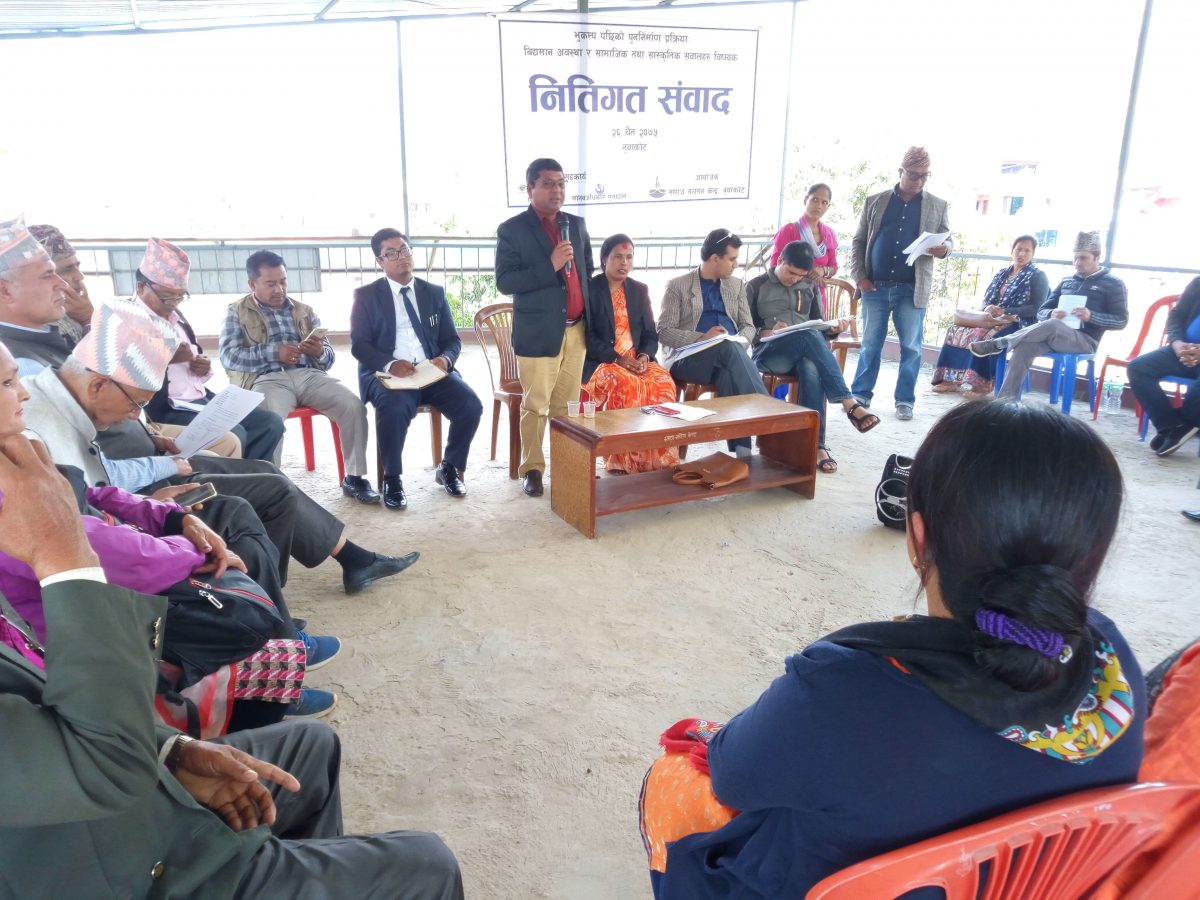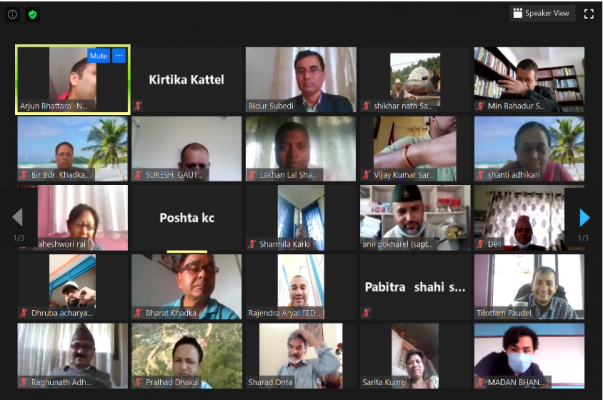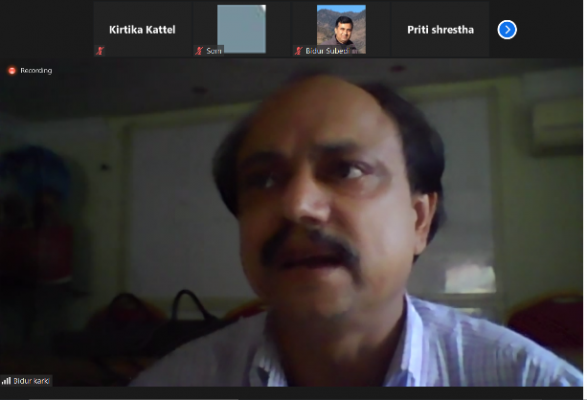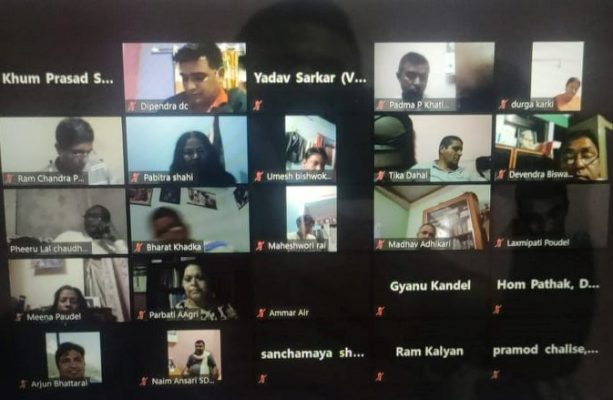9 April 2019, Bidur, Nuwakot,
Humanitarian Accountability Monitoring Initiative (HAMI) organized policy dialogue on “Post-quake reconstruction process: Existing status and socio-cultural issues” in collaboration with National Alliance for Human Rights and Social Justice–Nepal (Human Rights Alliance) and Samaj Sachetan Kendra, Nuwakot at Bidur, Nuwakot on 9 April, 2019. Rajendra Lohani, former parliament member was the chief guest and Apsara Thapa, Vice-Chair of District Coordination Committee, Nuwakot as well as Biki Lakha, Head of DLPIU, NRA, Nuwakot were the guests in the program. The program was successful for discussing the issues based on reconstruction policies and challenges faced by the people in the district. The program was aimed to make the concerned stakeholders to be accountable in and effective by making necessary revisions in policies and their effective execution. The program was chaired by Yam Kumar Khati, Chairperson of SSK, Nuwakot and moderated by Hari Ram Bhandari, Secretary of SSK, Nuwakot. In the program, earthquake affected people; representatives from local level governments, government bodies, CSOs (donor agencies and non-governmental organizations) and media sectors took part in the program.
In the program, Dhanendra Rijal, SSK, Nuwakot presented a paper on post-quake reconstruction status in Nuwkot: Challenges in socio-cultural issues. The paper covered the existing problems and challenges in reconstruction faced by the affected people due to policy challenges and their effective execution along with current situational status in reconstruction in the district. In the program, Bidur subedi, HAMI presented initiatives of HAMI with reference the social rebuilding perspective in reconstruction reflecting overall issues that have been observed in both policy and practice. After the presentation, guests Biki Lakha, DLPIU, NRA Nuwakot; Apsara Thapa, Vice Chair DCC, Nuwakot; Rajendra Lohani, former parliament member shared their observation in the reconstruction concerning with gaps in policies and practices. Other participants representing local level governments, different organizations, media and earthquake affected families also shared their observation and experiences in post-quake reconstruction in the district. Overall, they asserted timely completion of reconstruction in the district by ensuring cultural identity as well as putting into the priority to the marginalized and vulnerable families.






